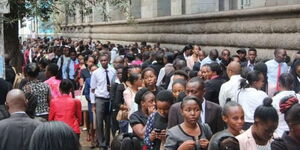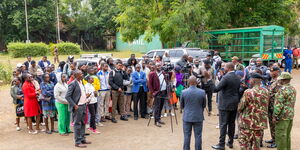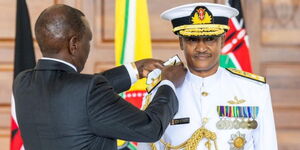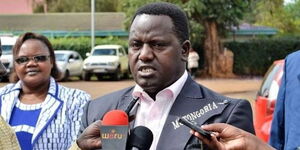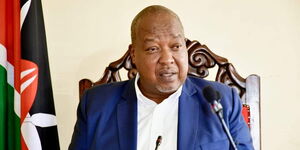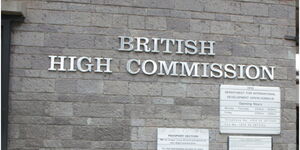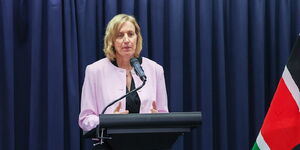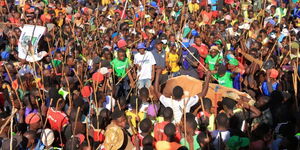A report by the World Bank has revealed that Kenyan politicians spend more on foreign travel than United Nations officials, with as much as Ksh7,000 more being paid to each official as per diem per day.
The World Bank revealed that the public sector wage bill in Kenya is highly inefficient, and this is in part due to the current per diem rates for official trips, which far exceed global standards.
These rates have led to excessive expenditures that could be easily curbed with better regulations.
According to the World Bank report, when Kenyan politicians travel abroad, particularly to the United States, their average daily per diem stands at Ksh70,800 ($513) per person.
In the 2022/23 financial year, travel-related expenditures amounted to Ksh19.6 billion, with Daily Subsistence Allowances (DSA) alone accounting for Ksh6.2 billion.
These allowances, originally intended to compensate government officials fairly for work-related travel, have now become a source of wastage and inefficiency, according to the World Bank.
However, according to the bank, if travel were standardised according to the rates applied by the United Nations Development Programme (UNDP), the cost would drop to Ksh63,600 ($460) per official per day, saving taxpayers Ksh7,200 ($53) per officer per day.
Aligning per diem rates with those used by Kenyan government departments (MDAs) would further drop the amount to Ksh45,000 ($326) per day, saving Ksh25,800 ($187) per officer per day.
Referring to a report by the Auditor General, the World Bank revealed that there is an overuse of the DSA, with many trips and meetings unnecessarily prolonged, inflating costs and slowing down decision-making.
In some cases, civil servants attend numerous workshops away from their duty stations, accumulating hefty per diems while contributing minimal technical output.
Although the Salaries and Remuneration Commission (SRC) is currently working on reducing these excessive expenditures, the World Bank has recommended that more needs to be done efficiently in Kenya’s public sector wage bill.
SRC has been advised to align DSA rates with the global benchmarks, particularly the UNDP rates. Kenyan officials travelling abroad could save up to Ksh2.26 billion annually if their allowances were matched to MDAs’ standardised rates or UNDP benchmarks.
The government has been advised to limit unnecessary official trips by setting stricter approval processes for foreign travel, consequently reducing per diem claims and cutting down inflated travel costs.
A review of the Budget Ceilings for Travel & Conferences has also been recommended, with calls for predefined budget caps on travel-related expenses, including meetings, workshops, and seminars, to prevent overspending.
Other recommendations include the adoption of virtual meetings and leveraging teleconferencing for official discussions. In 2024 alone, President William Ruto made 22 foreign trips.


